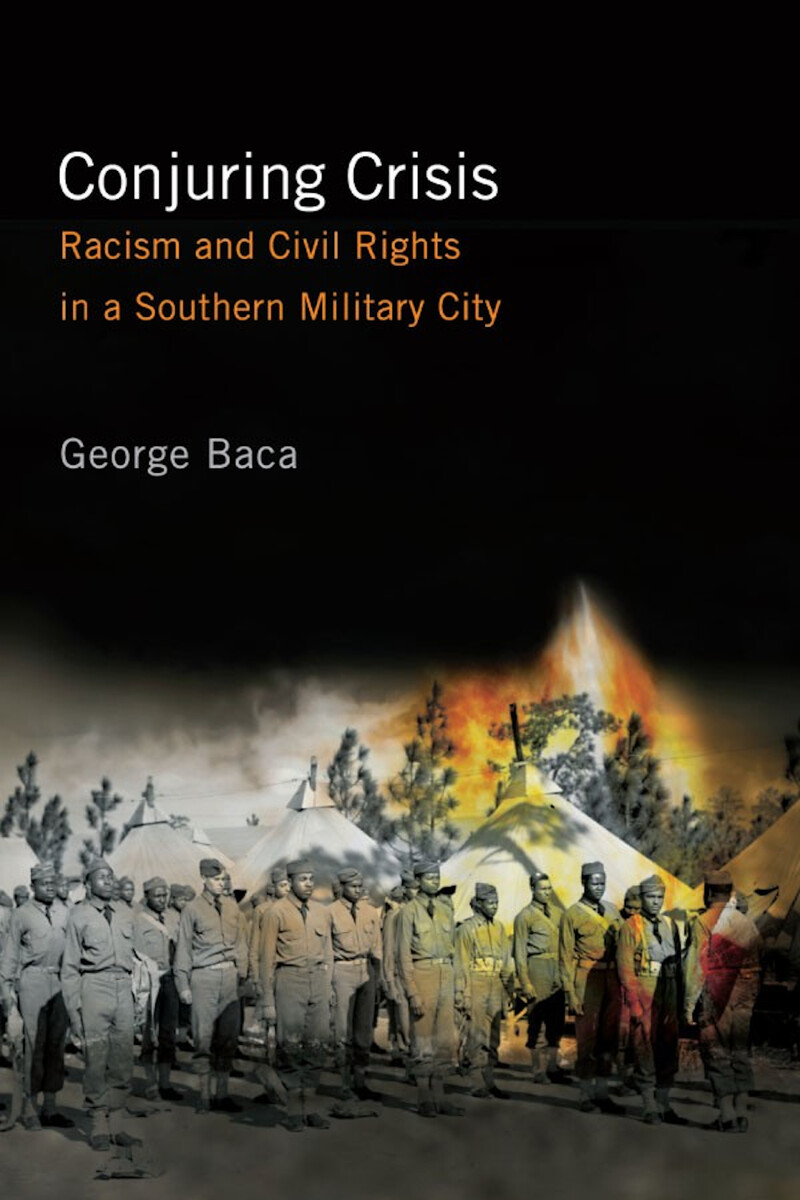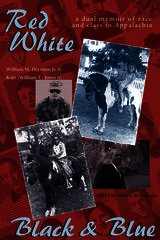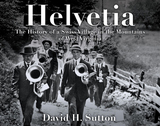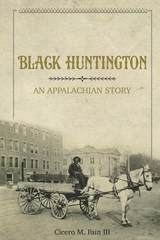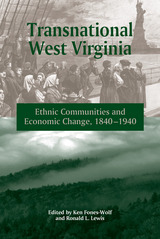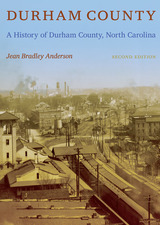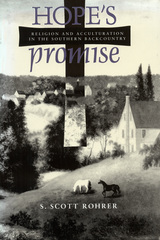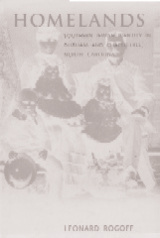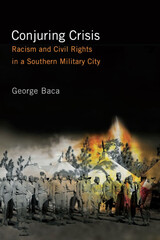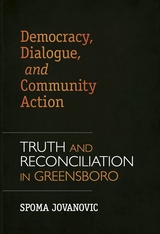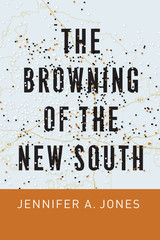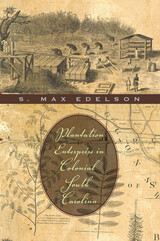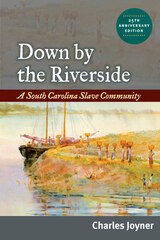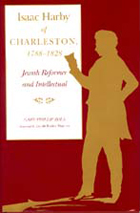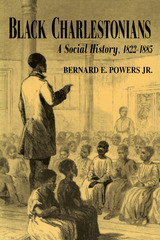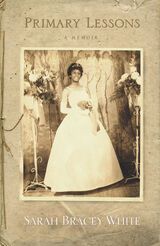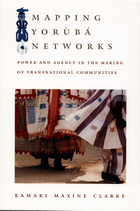Conjuring Crisis: Racism and Civil Rights in a Southern Military City
Rutgers University Press, 2010
Cloth: 978-0-8135-4751-0 | Paper: 978-0-8135-4752-7 | eISBN: 978-0-8135-7794-4 (ePub) | eISBN: 978-0-8135-4979-8 (PDF)
Library of Congress Classification F264.F28B33 2010
Dewey Decimal Classification 305.8009756373
Cloth: 978-0-8135-4751-0 | Paper: 978-0-8135-4752-7 | eISBN: 978-0-8135-7794-4 (ePub) | eISBN: 978-0-8135-4979-8 (PDF)
Library of Congress Classification F264.F28B33 2010
Dewey Decimal Classification 305.8009756373
ABOUT THIS BOOK | AUTHOR BIOGRAPHY | REVIEWS | TOC
ABOUT THIS BOOK
How have civil rights transformed racial politics in America? Connecting economic and social reforms to racial and class inequality, Conjuring Crisis counters the myth of steady race progress by analyzing how the federal government and local politicians have sometimes "reformed" politics in ways that have amplified racism in the post civil-rights era.
In the 1990s at Fort Bragg and Fayetteville, North Carolina, the city's dominant political coalition of white civic and business leaders had lost control of the city council. Amid accusations of racism in the police department, two white council members joined black colleagues in support of the NAACP's demand for an investigation. George Baca's ethnographic research reveals how residents and politicians transformed an ordinary conflict into a "crisis" that raised the specter of chaos and disaster. He explores new territory by focusing on the broader intersection of militarization, urban politics, and civil rights.
In the 1990s at Fort Bragg and Fayetteville, North Carolina, the city's dominant political coalition of white civic and business leaders had lost control of the city council. Amid accusations of racism in the police department, two white council members joined black colleagues in support of the NAACP's demand for an investigation. George Baca's ethnographic research reveals how residents and politicians transformed an ordinary conflict into a "crisis" that raised the specter of chaos and disaster. He explores new territory by focusing on the broader intersection of militarization, urban politics, and civil rights.
See other books on: Economic policy | Fayetteville | North Carolina | Poor | Urban policy
See other titles from Rutgers University Press
